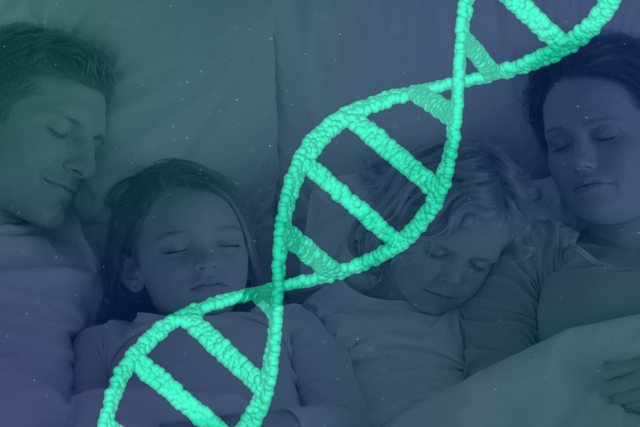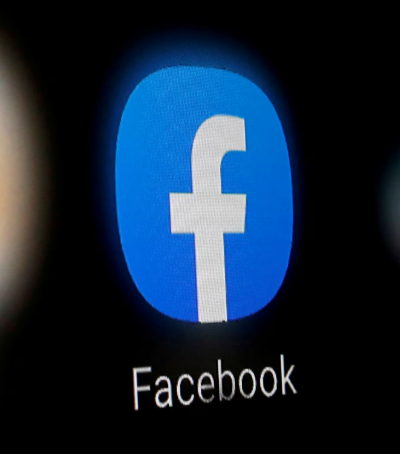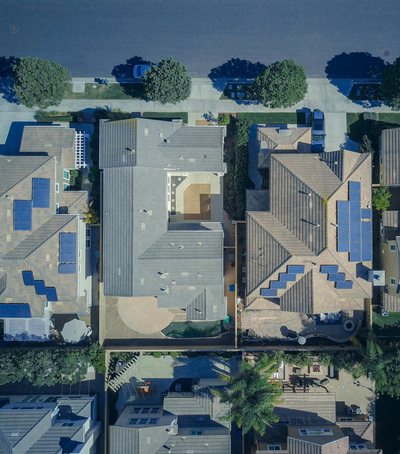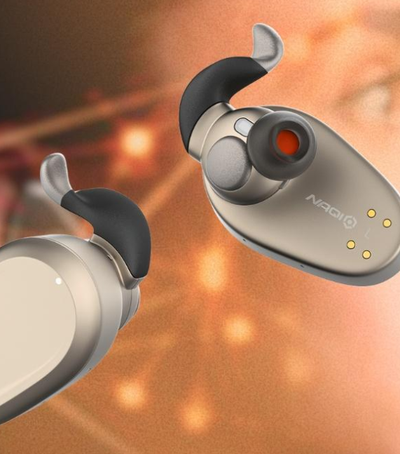
Sleep is not a universal formula, and science is proving it more and more every day. The latest studies show that our DNA plays a key role in determining our internal biological rhythm, influencing when we feel most energetic, when we focus best, and what are the ideal hours of rest for our bodies.
Genes called “biological clocks” control sleep-wake cycles, acting as a natural synchronization mechanism. For some people, this rhythm tends to start early, making them natural “morning experts.” For others, cognitive activity peaks in the evening, creating “night” profiles. Contrary to the myth that “everyone should go to bed at the same time,” DNA shows that each body has its own ideal time to rest and regenerate.
The use of genetic testing and biometric devices is bringing researchers closer to the concept of personalized sleep: a sleep plan tailored to an individual's genetic profile, metabolism, hormonal tendencies, and circadian rhythm. In practice, this means knowing not only how many hours of sleep we need, but also when is the best time to go to sleep, wake up, and be mentally fit.
Future sleep technology is expected to combine genetic analysis with artificial intelligence, creating apps and devices that adapt to the body's personal rhythm - from smart room lighting, to personalized relaxation music and alarms optimized according to biological cycles.
In an era where flexible work and dynamic lifestyles often challenge the classic sleep routine, genetically personalized sleep could become one of the most powerful solutions for productivity, health and well-being. Because when we respect our biological code, we are not just more rested, we are more capable, calmer and more connected to ourselves.





